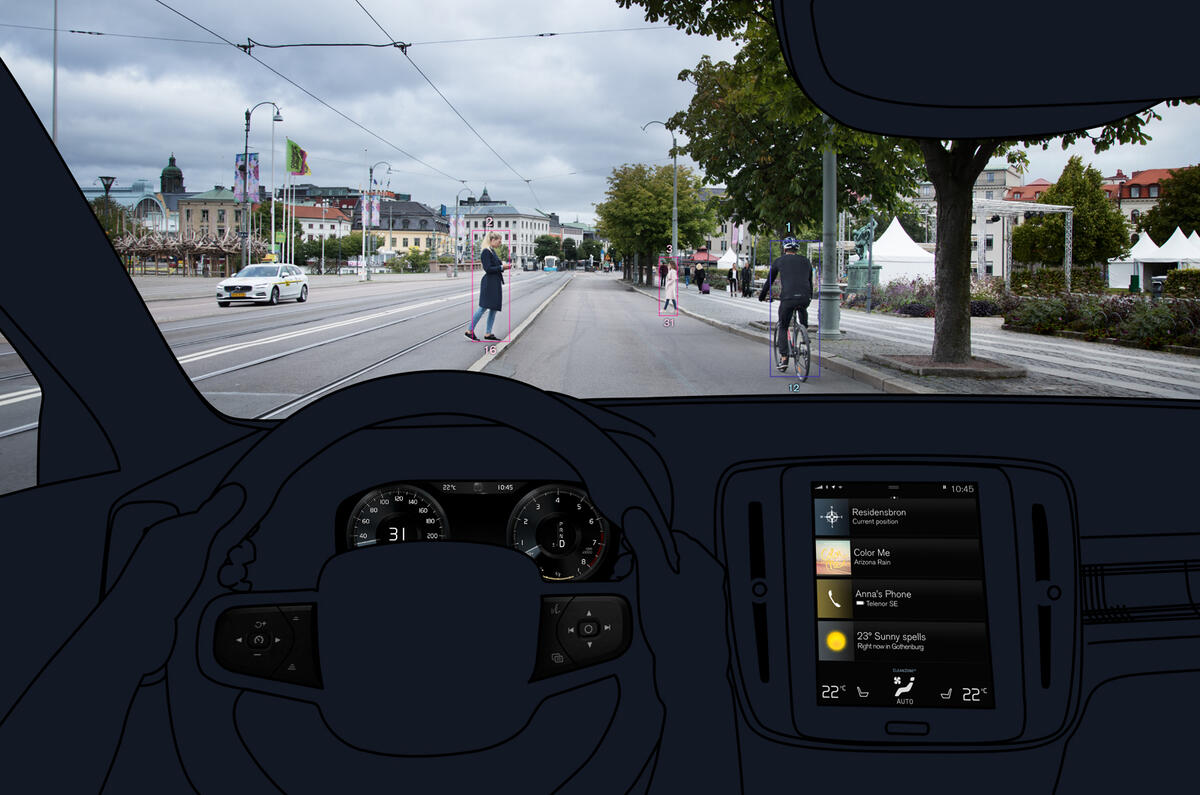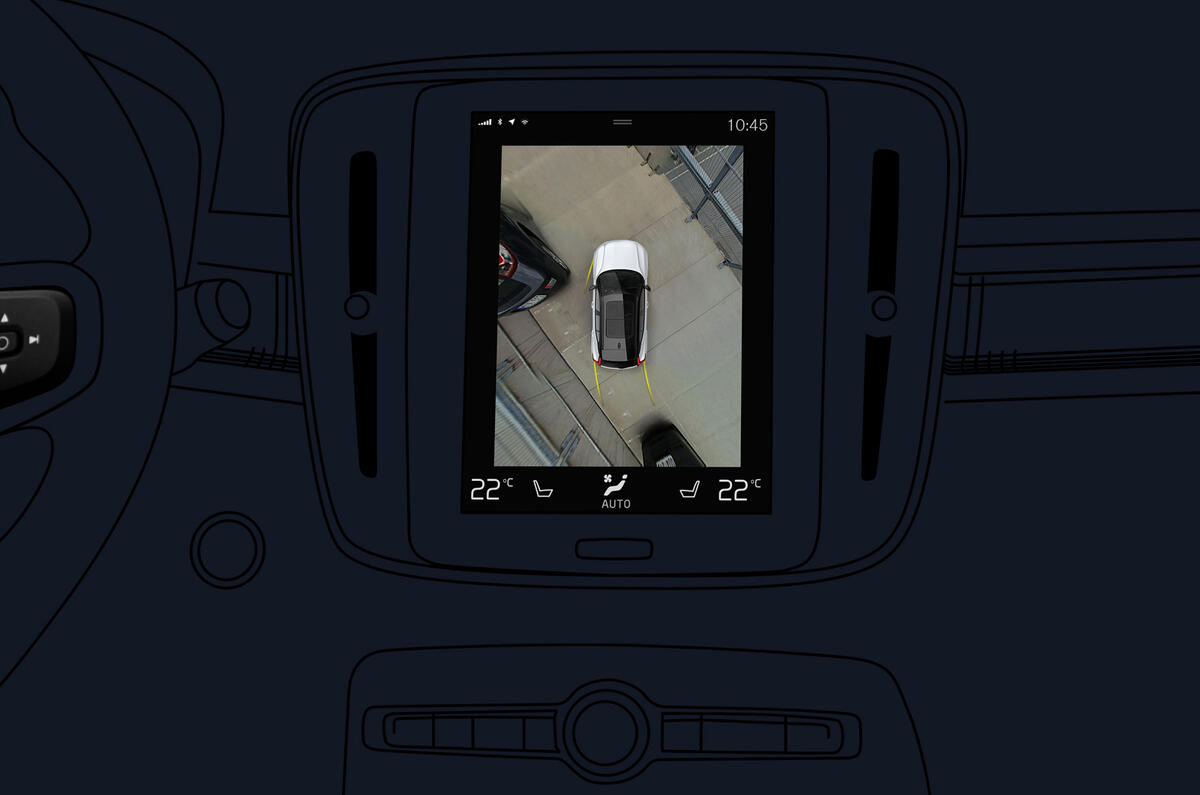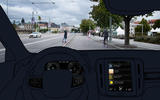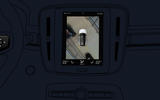The Volvo XC40 - the Audi Q3, BMW X1 and Mercedes GLA rival set to be revealed next month - will be the safest and most relaxing car to drive in cities in its class, according to its maker.
Volvo says it has achieved its safety goals by incorporating technology developed for the larger Volvo XC90 and Volvo XC60 models into the XC40, even though the new, smaller car is built on an all-new technology, known as Compact Modular Architecture (CMA).
This includes Volvo’s City Safety package, which will be offered as standard in the UK. The XC40 will use a new development of the system that detects potential accidents with other cars, cyclists and pedestrians and automatically slows the car. Insurance statistics from other Volvos fitted with earlier versions of the system have already shown that it has reduced the number of claims by 28%.
Other safety technology with include Volvo on Call, which automatically alerts the authorities in the event of an accident, Pilot Assist, which can help hold a set distance between cars and keep the XC40 in its lane, City Safety, which intervenes to create a gap if a car cuts across you and Run-off Road Protection and Mitigation, which pre-loads safety equipment including the seatbelt when a likely accident is detected. These are expected to be options.
"Modern city life presents complex challenges for drivers, pedestrians, cyclists and other road users. With the XC40, we aim to reduce the so-called cognitive load on the driver. While our safety and driver-assistance systems actively identify and mitigate potential conflicts, you as a driver can relax more and therefore enjoy city driving," said Malin Ekholm, Vice President Volvo Cars Safety Centre.
This year, 1.5m people are expected to die on the roads globally, with that figure expected to rise to 2m by 2020 - the date Volvo has set for its so-called Vision statement of nobody dieing or being seriously injured in a Volvo. Ekholm stressed that the latest equipment on the XC40 would be another stepping stone towards achieving that aim.
The XC40’s City Safety package has been optimised to get a driver’s attention back on the road more quickly if a potential accident is detected, and as a result now has an alert sound that combines with the brakes being pulsed. The feature is already on the Volvo XC90, Volvo S90, Volvo V90 and Volvo XC60. Tests have shown that response time with the system is 1.4sec - down from 1.7sec with the old sound and Head-Up Display (HUD) warnings, a 30% improvement. Within that time frame, it takes 0.5sec for a driver to return their eyes to the road and make a decision on how to react.
“Many accidents are caused by ‘mismatch moments’, when you glance over your shoulder, or look at the instruments just as someone else walks out in the road, and this is where we can make a difference,” said Tent Victor, Volvo’s Senior Technical Leader for Crash Avoidance. “But technology can be just as powerful whatever the reason it is called into play - whether someone is on their phone, or their concentration has wondered, if we can get their attention back on the road quickly then we can make a big difference.”
The improvement in reaction time with this system is one reason Volvo has given for not offering the XC40 with a HUD system, which is an option on the XC60 and XC90 and which has previously been lauded by its maker for helping drivers keep their eyes on the road. However, Ekholm says that the system is not as appropriate for the XC40 as the larger cars because of the way it is built.







Join the debate
Add your comment
.....but it still needs a